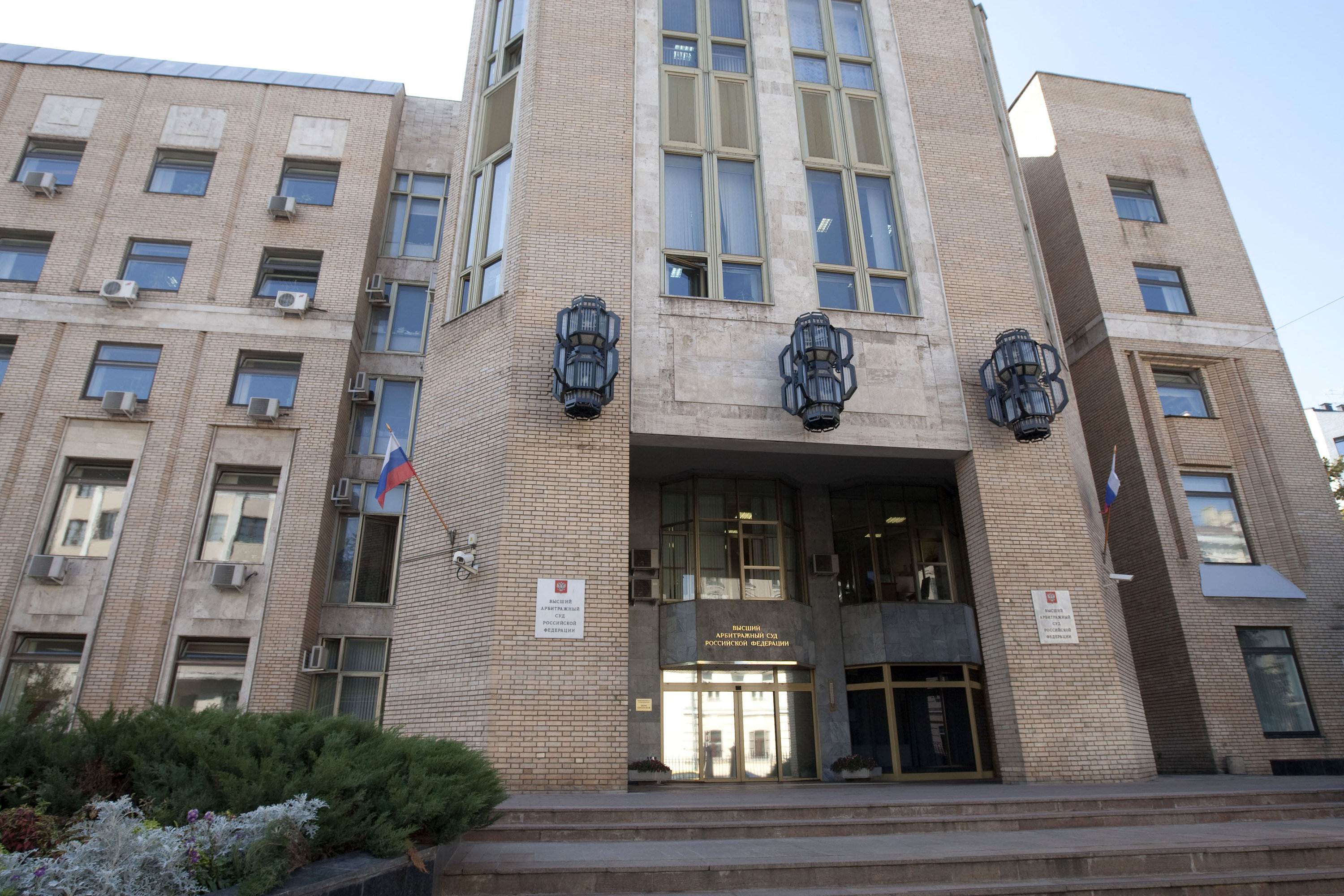The parties to a contract in Russia are guaranteed the maximum freedom according to contractual law, but not civil, corporate or substantive law, Supreme Commercial Court Chairman Anton Ivanov said at the Asian and Pacific Countries Forum in Vladivostok.
According to Ivanov, the new Civil Code will increase the share of discretionary rules from 30 to 50 percent. Such rules allow participants in commerce to divert from their terms by mutual agreement.
"But participants in commerce want more than this,” Ivanov noted. “They want to make discretionary all the provisions of contractual law and to extend the discretionary nature of this regulation to civil law in general.”
He added that the degree of contractual freedom must vary significantly depending on the civil law institution.
Ivanov thinks that adding more discretionary rules to corporate relations would be unwise, as this would create huge risks for minority shareholders, such as the risk of collusion or the possible infringement of shareholder rights.
Ivanov has also identified two kinds of “problematic relations” in contractual law – when a monopoly is a party of the contract and when an individual consumer is a party.
On this note, Ivanov said consumer rights are also not protected properly in Russia.
The enforcement of consumer guarantees leaves much to be desired, he said. He added that “this is the second area of contractual law where absolute freedom is impossible.”
The chairman also said such a high degree of freedom could only be justified in a commercial contract.
In his view, relations between business entities allow even looser requirements for contracts, which can be found in many other countries, “where contracts have been created by simply exchanging e-mails for a long time now.”
Meanwhile, Ivanov said freedom in corporate law “has already been expanded,” as offshore zones have already existed in Russia.
"Let’s not establish new offshore zones as they will not lead to anything but another YUKOS case or other unfavorable legal effects,” he said.
Sergei Feklyunin, RAPSI



